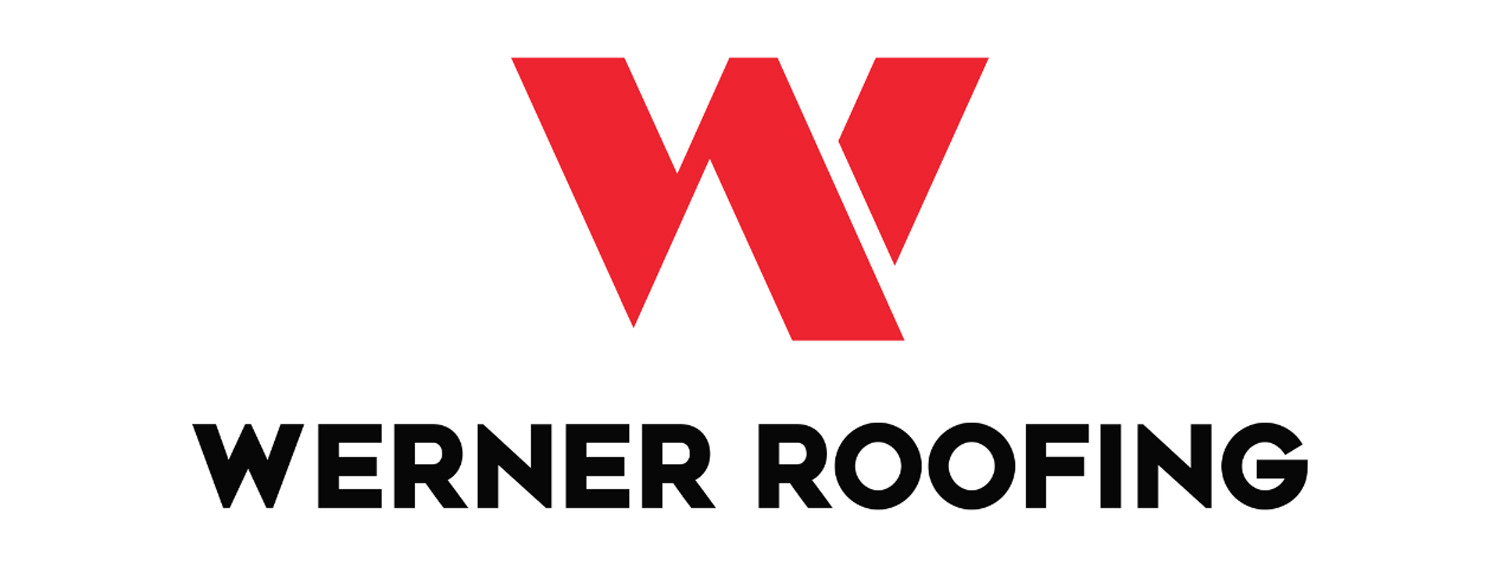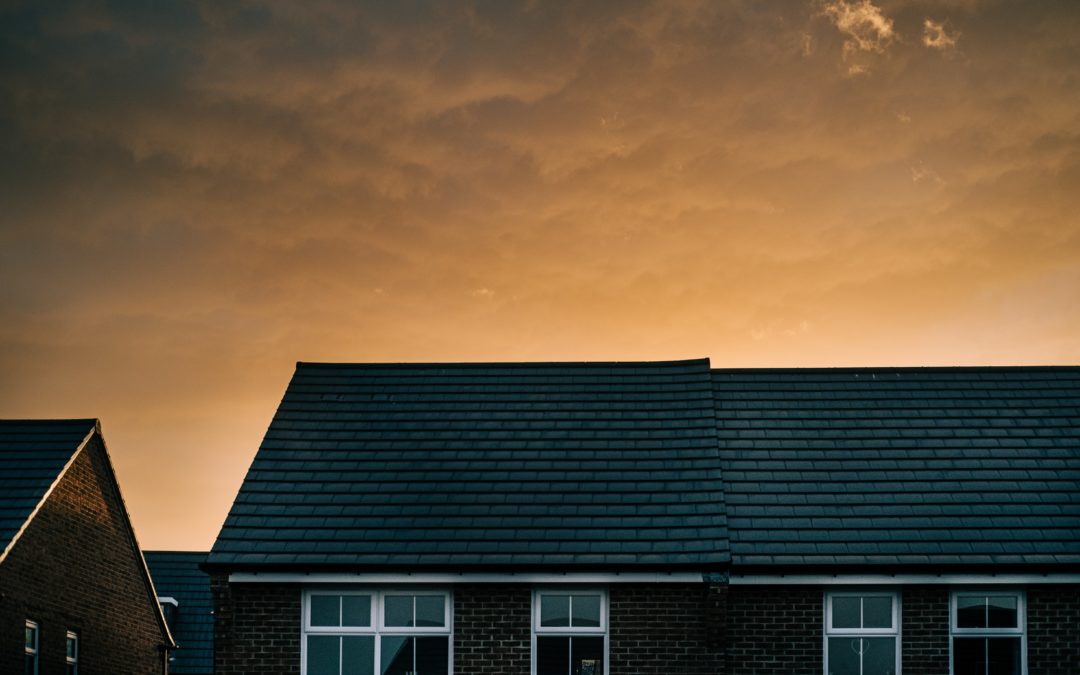How Energy Efficient is Your Roof?
When considering energy efficiency as it relates to your roof, there are several factors that can affect how your roof retains or releases energy. Looking at these five factors, we can determine if you have an energy efficient roof.
Heat Gain
Roofs with a high heat gain are generally less efficient than those with a low heat gain. This is because they absorb and retain heat during the summer, making it more difficult and costly to keep your home cool. However, if you live in a place that is always cold, heat gain can improve your home’s efficiency because it makes your heating more effective.
Reflectivity
Reflectivity has to do with how much of the sun’s light and heat is reflected off your roof. Your roof’s color and materials play major roles in determining its reflectivity. Lighter colored roofs will be more reflective and absorb less heat, making them more efficient than darker roofs which absorb and trap heat.
Roofing Materials
Some roofing materials are naturally more efficient than others. For example, metal roofs are lighter and more durable than asphalt shingle roofs and also put less stress on your home’s structure. As an added bonus, when they do eventually need to be replaced, metal roofs are completely recyclable.
Durability
Durability can determine energy efficient roofs because roofs that last longer are more efficient. Roofs that constantly need repairs or a short lifespan before replacement are less efficient and end up costing more than the investment of a highly durable roof.
Insulation & Ventilation
Insulation and ventilation can be hugely important for an energy efficient roof. Insulation helps your home retain heat during cooler months. Ventilation helps keep your home cool in the warmer months. Both can help protect your roof from roof damage such as ice dams, condensation, and leaks.
Energy Efficient Roof Types
The most energy efficient roof types are metal roofs, tile roofs, and some asphalt shingle roofs. These roofs use the factors we just discussed to conserve energy and protect your home.
Energy Efficient Metal Roofs
Metal roofs are one of the most durable roofing types available. When properly installed, they can last from 50-70 years before needing to be replaced. They are also very low maintenance compared to other roofing types.
Metal roofing makes use of its reflective properties to limit heat gain during the warm months. When combined with proper insulation, it can significantly reduce costs to heat and cool a home year-round.
Energy Efficient Tile Roofs
Tile roofs’ specialty is insulation, which keeps them cooler in the summer and warmer in the winter. Although more of an investment than metal roofing or asphalt shingles, tiles have an incredibly long lifespan, which adds to their energy efficiency savings.
Energy Efficient Asphalt Roofs
Some asphalt shingle roofs can improve your home’s energy efficiency. Asphalt shingles developed with additives to reduce heat absorption can help counteract the typical heat gain associated with asphalt roofs. Asphalt roofs are also well-known for being great insulators, protecting your home from the elements and fluctuating temperatures.
Ways to Make Your Roof More Energy Efficient
If you want to boost your energy efficient roof’s capabilities, you can invest in solar roofing, manage stormwater effectively, and add insulation and ventilation.
Install Solar Roofing
Solar roofing is a great way to increase your energy savings for your home. Solar roofing technology has greatly improved in recent years to be more efficient, protective, and attractive. It can blend seamlessly with your roofing design and offer you an alternative way to collect energy for your home.
Manage Stormwater
Managing stormwater involves using gutters effectively to direct stormwater away from your roof where it could inhibit your roof’s energy efficiency. Or, you might install a system to collect stormwater and use it to irrigate your landscaping or garden.
Converting your roof into a green roof is another great way to make your roof more energy efficient, utilize stormwater, and provide excellent insulation for your home. Although green roofs require a bit of maintenance, the environmental and economical payoffs may help offset the work.
Add Insulation & Ventilation
Proper insulation and ventilation is key to maintaining an energy efficient roof. If you want to boost your home’s efficiency, make sure your roof is properly ventilated in all the right places, and that your attic is securely insulated to prevent heat loss or roof damage.
Having an energy efficient roof is more than just the bells and whistles of solar panels and turbines. It also comes down the little things like managing your home’s reflectivity and heat gain to save a few dollars on heating and cooling each month.
If you’re interested in a more energy efficient roof, get in touch with Werner Roofing. Whether you’re looking for solar roofing, interested in a new metal roof, or just looking to improve your existing roof’s efficiency, we can make sure your roof is environmentally sound and save you money on your energy bills.

OUR FREE ROOF INSPECTION
How do you know when it’s time for a new roof? The only way to be sure of your residential roof’s current condition is to have a licensed professional personally inspect it. Werner Roofing is proud to offer free roof inspections for every client, so you can be sure of your roof’s condition. Every Werner Roofing inspection comes complete with our promise: “We won’t recommend or sell a roof replacement unless it’s necessary.”


